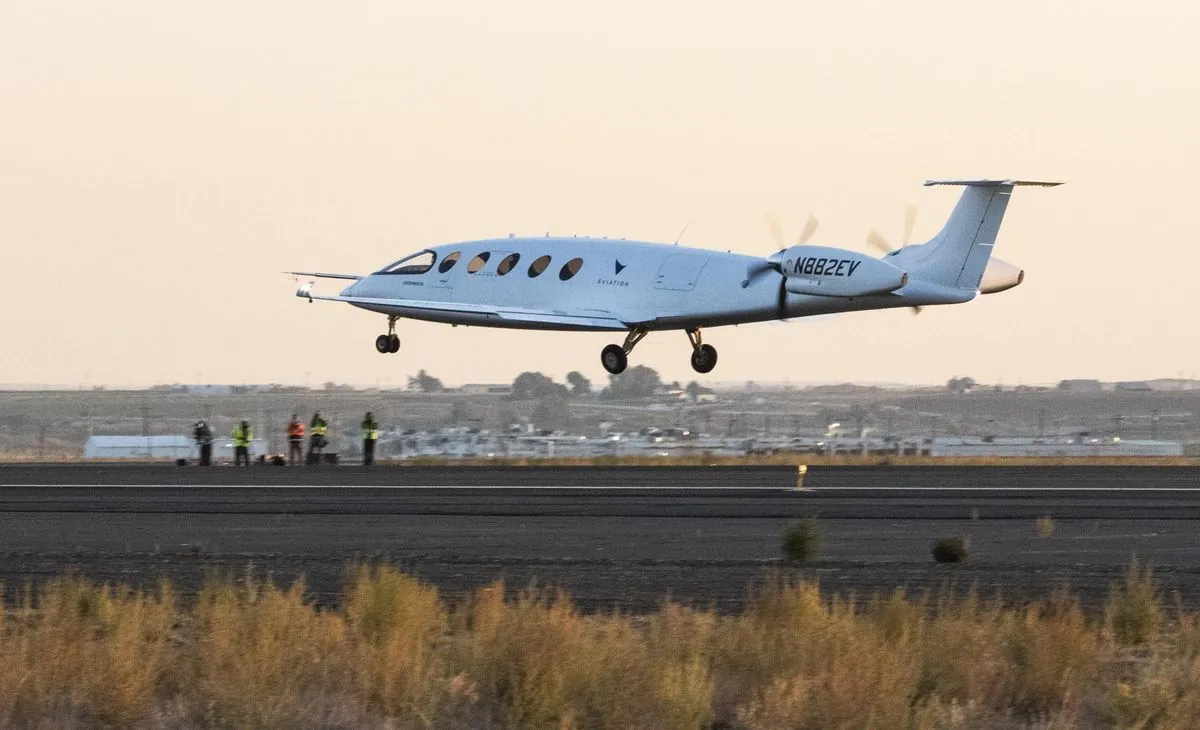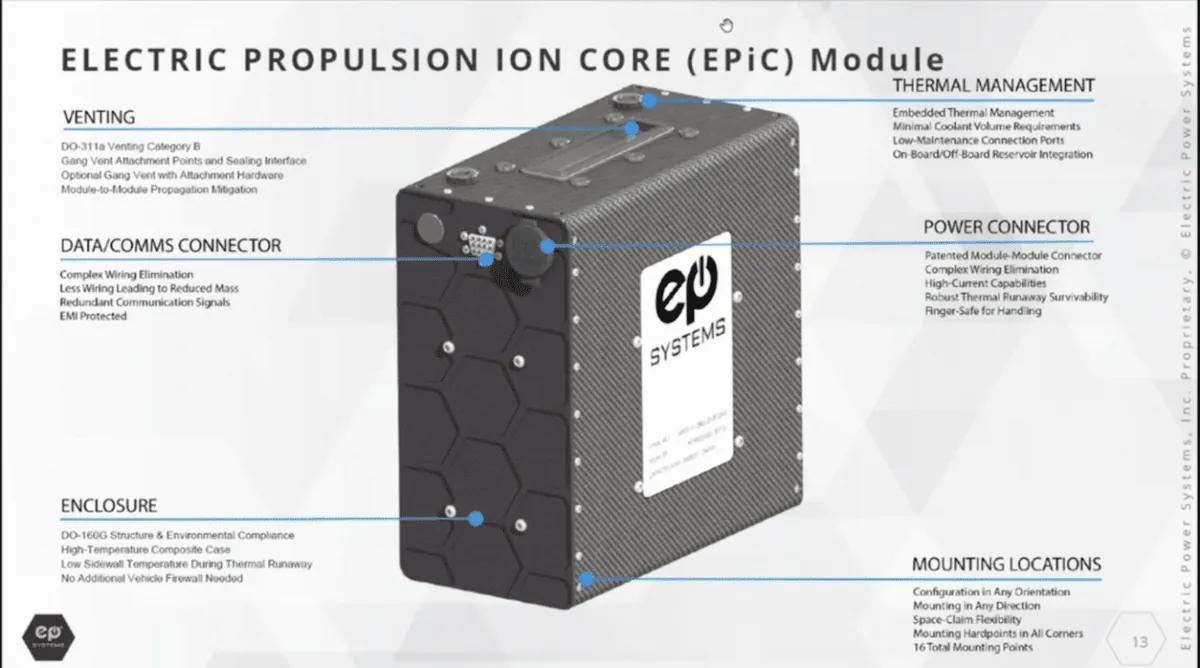Judge Overturns $72M Verdict Against Boeing in Electric Aircraft Trade Secret Case
A federal judge in Seattle has nullified a $72 million jury verdict against Boeing in a trade secrets lawsuit filed by electric-aircraft startup Zunum Aero. The judge ruled that Zunum failed to prove its information qualified for trade-secret protection.

In a significant legal development, a federal judge in Seattle has overturned a $72 million verdict against Boeing in a trade secrets lawsuit brought by electric-aircraft startup Zunum Aero. The decision, made on August 14, 2024, marks a turning point in a case that has drawn attention to the competitive landscape of electric aviation technology.
U.S. District Judge James Robart ruled that Zunum's victory could not be upheld because the company failed to demonstrate that the information allegedly misused by Boeing was eligible for trade-secret protection. This ruling highlights the complexities surrounding intellectual property in the rapidly evolving field of electric aircraft development.
Zunum Aero, founded in 2013, has expressed disappointment with the decision and announced its intention to appeal. The company's spokesperson stated, "We remain confident in the merits of our case and will pursue all available legal options."
The lawsuit, initially filed in 2020, stemmed from a business relationship that began when Boeing's venture capital arm invested $5 million in Zunum in 2017. Zunum alleged that Boeing used its proprietary information to develop a competing hybrid commuter aircraft, effectively derailing Zunum's plans to launch its own electric aircraft by 2022.

The case underscores the challenges faced by startups in the aerospace industry when collaborating with established giants. It also highlights the importance of clearly defining and protecting trade secrets in an industry where technological innovations are highly valued.
The original jury verdict, delivered in May 2024, had awarded Zunum nearly $81.2 million for trade secret theft and $11.6 million for tortious interference. However, the total award was reduced to $72 million based on damages that Zunum could have mitigated.
Judge Robart's decision to overturn the verdict hinged on the fact that Zunum had not sufficiently identified its secrets or demonstrated their value derived from being kept confidential. This ruling emphasizes the critical need for companies to clearly define and document their trade secrets to ensure legal protection.
The case, officially known as Zunum Aero Inc v. Boeing Co, U.S. District Court for the Western District of Washington, No. 2:21-cv-00896, has been closely watched by the aerospace industry. It reflects the growing interest in electric and hybrid-electric propulsion systems as the aviation sector seeks to reduce its carbon footprint, which currently accounts for about 2% of global carbon emissions.
As the legal battle continues with Zunum's planned appeal, the outcome of this case could have far-reaching implications for how trade secrets are protected and litigated in the rapidly evolving field of electric aviation. It also serves as a cautionary tale for startups entering into partnerships with larger, established companies in high-tech industries.
The development of electric aircraft faces numerous challenges, including battery weight and energy density limitations. However, advancements in technology continue to push the boundaries of what's possible in sustainable aviation. As the industry progresses, it's likely that similar legal disputes over intellectual property will arise, making this case a potential precedent for future litigation.


































